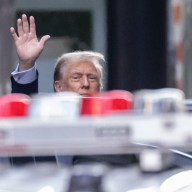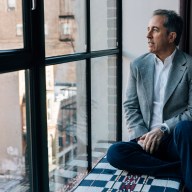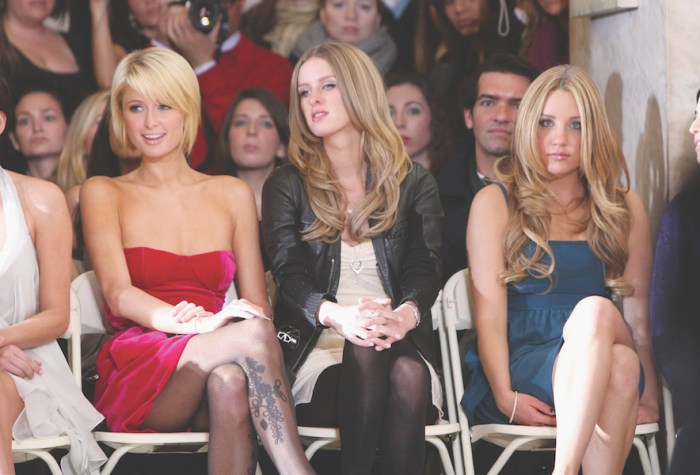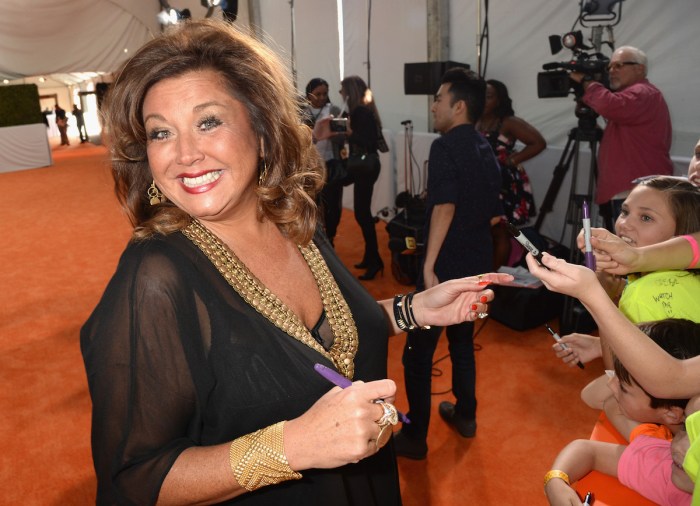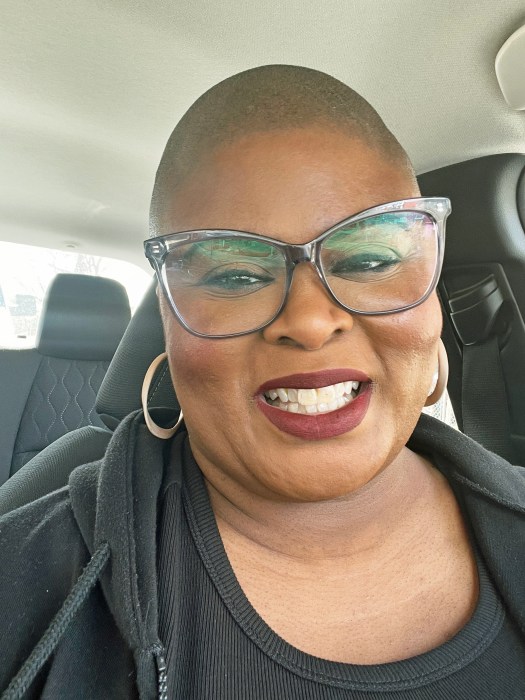 Kevin Costner’s Jim Garrison literally holds court in Oliver Stone’s “JFK.”
Kevin Costner’s Jim Garrison literally holds court in Oliver Stone’s “JFK.”
Credit: Warner Home Video
Perhaps the most seen footage of all time is the assassination of John F. Kennedy, unwittingly filmed by bystander Abraham Zapruder and his 414 PD Bell & Howell Zoomatic Directors Series Camera. So it’s fitting that the tragedy is an eternal fascination in movies. The most notable of these buy into and advertise the theory of a massive conspiracy, with Lee Harvey Oswald as a patsy. But the history of JFK on film paints a more complex reaction to the event.
‘Four Days in November’ (1964)
It didn’t take long for a dry, “just the facts, ma’am” presentation of the before, during and after of the events to emerge, one culled entirely from radio and television coverage. It also didn’t take long for conspiracy nuts to hatch theories; Thomas Buchanan’s “Who Killed Kennedy?” was also released in 1964, even before the Warren Commission concluded its hearings. But “November” (directed by future “Willy Wonka and the Chocolate Factory” helmsman Mel Stuart) follows the notion that Oswald acted alone — because he almost certainly did.
‘Report’ (1967)
The Zapruder film was not publicly available for a long time but, as they would do with subsequent tragedies (most notably 9/11), the media pummeled shocked viewers with endless coverage. Avant-garde filmmaker Bruce Conner decided to repurpose excess radio and TV clips for his own meditative work, one that satirized how gruesomely repeated footage only ends up numbing viewers.
‘Eat Your Makeup’ (1968)
“South Park” once claimed it took 22.3 years for terrible things (in their case, AIDS) to be funny. But it only took five years for no-budget filmmaker John Waters to, in his first film, recreate the assassination in his parents’ backyard, complete with Divine as Jacqueline Kennedy.
‘Greetings’ (1968)
1968 was also the year it started being funny to mock JFK conspiracy theorists. Brian De Palma’s first of two episodic comedies with a young (and then mustachioed) Robert De Niro features a guy (Gerrit Graham) who bores people with his claims of a massive coverup.
‘Executive Action’ (1973)
“At this point in time can you believe Lee Harvey Oswald killed President John F. Kennedy… by himself?” asked the trailer to this, the first Hollywood film to parrot claims that there was a master plan between Cuban undercover operatives, the CIA and others to off the 35th president. Oddly, this talky insanity — which even wonders if there were two Oswalds — was made by established pros, including stars Burt Lancaster and Robert Ryan, with a screenplay by the usually more levelheaded, once-blacklisted legend Dalton Trumbo.
‘Annie Hall’ (1977)
The conspiracy floodgates were wide open by the ‘70s, enough that Woody Allen slipped a lengthy diatribe against the Single Bullet Theory into a scene where his character is trying to distance himself from his first wife (Carol Kane). It’s not clear how sincere he is, though. “You’re using this as an excuse to avoid sex with me,” she charges. He admits she’s right.
‘Winter Kills’ (1979)
Claims of a plot to kill JFK combined with Watergate created unprecedented distrust in the American government, which in turn created a wave of paranoid Hollywood thrillers. “The Parallax View,” with Warren Beatty, offered a company charged with taking out uncooperative politicians. This more comic effort, based on the book by Richard Condon of “The Manchurian Candidate” — whose film adaptation was pulled from circulation for decades after JFK’s death — followed the wake of a Kennedy-esque assassination, with the deceased’s brother (Jeff Bridges) uncovering a conspiracy so deep, even Oliver Stone might find it a bit much. But then again, it was (at least in part) a comedy.
‘JFK’ (1991)
Speaking of Stone, it was he who brought JFK conspiracy theories deep into the mainstream, even as the mainstream quickly turned him into a joke. (After parodies on “Seinfeld” and elsewhere, Stone even sent himself up with a cameo in “Dave.”) In real life, New Orleans D.A. Jim Garrison was known for recklessly prosecuting people on the flimsiest of evidence. In Stone’s film, he was a hero, played by no less than Kevin Costner, who believed the claims of all the people investigators wrote off as unreliable. As a result of following Garrison’s claims — and making up its own from whole cloth — it offers a fever dream plot that eventually includes everyone but Garrison, but specifically targets the New Orleans homosexual underground. Is it great filmmaking despite its insanity or because of it? Probably both.
‘Love Field’ (1994)
Michelle Pfeiffer scored an Oscar nomination as a Jackie Kennedy obsessee excited that the Kennedys will be dropping by her home of Dallas in late November 1963. Boy does her face turn red.
‘The House of Yes’ (1997)
Wendy McLeod’s darkly comic play about one nutty family was first mounted before Stone’s “JFK,” but this film came in its wake. Parker Posey and Josh Hamilton play siblings who reunite in adulthood, and gradually relaunch their incestuous relationship — which also features them recreating Nov. 22, 1963, with Posey as a spot-on Jackie O.
‘Interview with the Assassin’ (2002)
Neil Burger’s faux documentary follows a hapless cameraman (Dylan Haggerty) who meets a creepy old-timer (Raymond J. Barry) looking to confess that he was the second gunman on the grassy knoll. Naturally they find themselves pursued by shadowy forces.
‘Parkland’ (2013)
As part of a 2009 CBS poll, 76 percent of Americans still believe in a JFK assassination conspiracy. But the movement to reclaim that Oswald acted alone has never been stronger. Based on a dispassionately factual book by Vincent Bugloisi — who also wrote the 1632-page “Reclaiming History,” which tirelessly shot down any and all conspiracy theories as unfounded — this star-studded recreation of the lead-up and aftermath of the assassination never once entertains the notion that Oswald didn’t act alone. So, that’s good.






